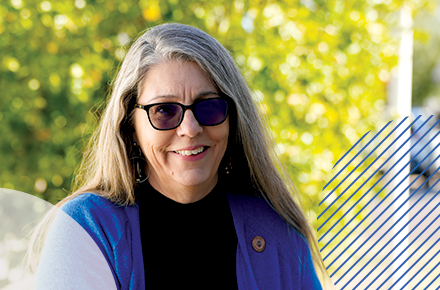
Coalition News
December 7, 2020
Not every health care problem can—or should—be addressed with a prescription pad. Medicare Advantage plans have long been leaders in understanding how non-medical factors like social and financial conditions can impact people’s health. Collectively, Medicare Advantage plans have implemented important innovations to overcome these issues such as ensuring that Americans have adequate nutrition, transportation, and housing. These innovations continue today during the COVID-19 crisis.
Even before the COVID-19 crisis, many Americans 65+ and people with disabilities often experienced difficulties accessing the products and services, they needed. Medicare Advantage plans are working with health care partners such as state and local officials and community organizations to create new ways to connect critical resources to people who need them.
Here are just some of the ways Medicare Advantage plans are helping members overcome social and financial barriers to good health:
Removing Financial Barriers
It can be difficult for many Americans to afford everyday costs of living, which can affect mental and physical health. This is especially true for Americans 65+ and people with disabilities and has been exacerbated by the COVID-19 crisis. For those Americans covered by Medicare Advantage, health insurance providers are committed to helping members overcome financial barriers.
For example, Medicare Advantage member Betty Morgan’s plan has ensured that she can receive the care and services she needs at no cost to her. Betty reflected on her multiple surgeries, saying “Medicare Advantage took care of those bills. I had nothing to worry about.”
Kathy Berumen, a Medicare Advantage member in Montana, emphasized the cost savings that her Medicare Advantage plan provides, including the many benefits she receives at a cost she can afford. Kathy described her experience, noting “This plan fits any budget that you might have, and it’s incredible health care.”
Expanding Access to Telehealth Services
During the COVID-19 crisis, telehealth services are more important than ever. As social distancing continues, telehealth services allow patients to see their doctors at home, keeping both parties safe. Medicare Advantage plans have assisted their members through new programs to expand telehealth services to provide greater access to care.
Medicare Advantage member Alyson Ball has taken advantage of the telemedicine appointments offered through her plan amid COVID-19. She highlighted the peace of mind that actions like these provide, knowing that “Medicare Advantage plans support their members no matter what happens.”
Betty Streckfuss, a Medicare Advantage member in Texas, also described having peace of mind during the COVID-19 crisis, thanks to the telemedicine visits and prescription delivery offered through her plan. These benefits allowed Betty to receive the care and medicine she needs to stay healthy, all from the safety of her home.
Overcoming Food, Housing, and Transportation Insecurity
Some non-medical factors impacting one’s health each day include the ability to access nutritious food, stable transportation and housing. To help overcome these barriers Medicare Advantage plans continue to take steps to support their members, such as supplying them with nutritious meals, proactively reaching out to at-risk members for wellness checks, and providing transportation to appointments at no cost to the patient.
For example, Medicare Advantage member Angela Harris in Ohio receives rides to and from her dialysis appointments through her Medicare Advantage plan. Both the treatment and the transportation are covered by Angela’s plan, alleviating a great deal of stress during a difficult time.
Medicare Advantage plans stand with Americans 65+ and people with disabilities. They are ready to deliver better services, better access to care, and better value in innovative ways. This includes solutions that tackle the social and financial conditions that impact members’ health.